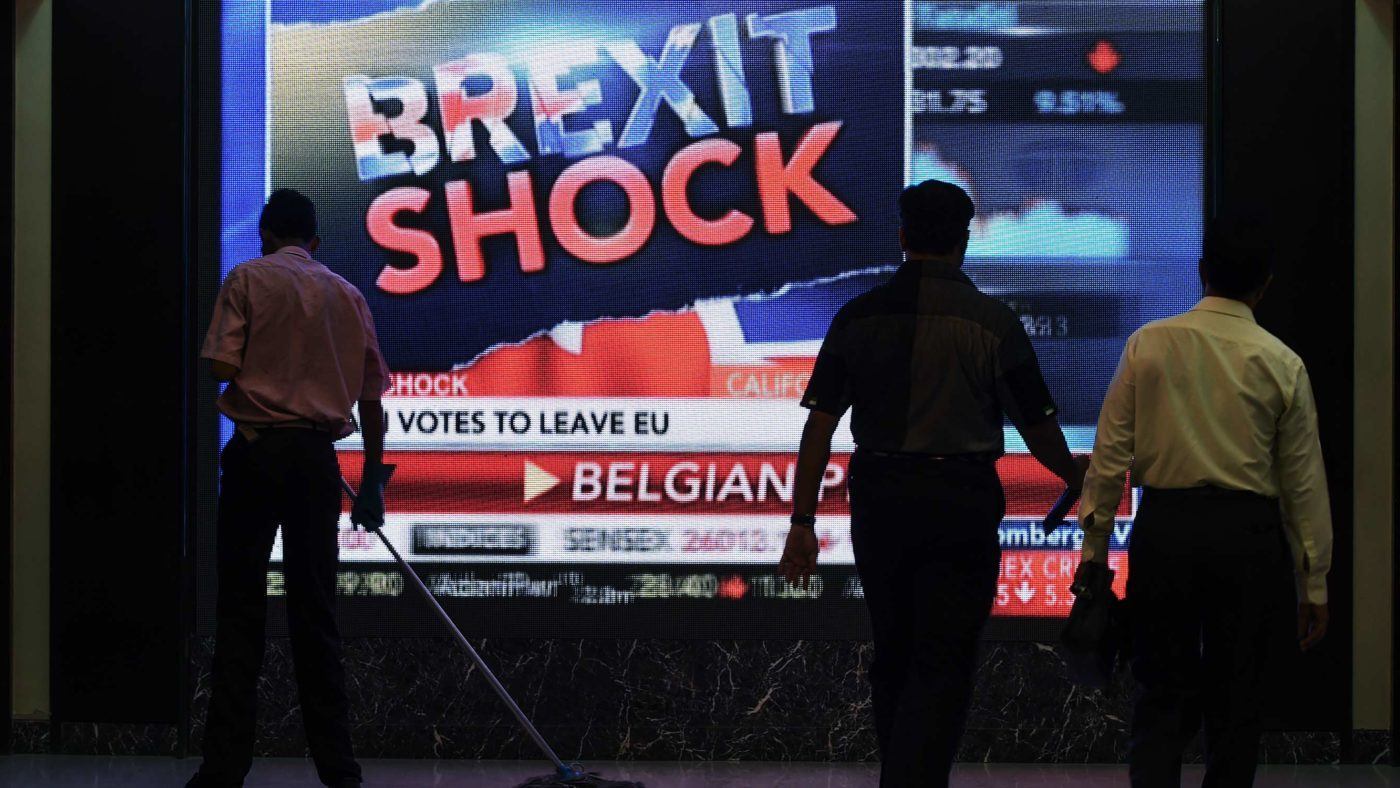Brexit has greater implications for the World outside of the UK, than for Britain itself. It demonstrates how much ordinary industrial workers have been economically and (until now) democratically disenfranchised by the political and business elites. More and bigger electoral tests face the West over coming months, culminating with November’s US Presidential contest. Like the disastrous decade of the 1930s, geopolitics is once again at the fore.
In financial and economic terms this is not another 2008. Then the markets stopped working. Today, global markets are shocked, but not frozen. Compared to 2008, the UK is financially stronger and more robust – a testimony to seven years of good government and prudent regulation by the Bank of England. Britain’s forex reserves have lately risen significantly and net capital inflows have been buoyant (plus US$200 billion over the past year), more than covering the UK’s awkwardly large current account deficit. And sterling’s fall may already be helping correct the latter. There may be a coming dip in UK liquidity conditions if nervous foreign monies reverse, but the domestic economy appears strong enough to cope.
There are wider and deeper implications. How can Sunderland, the North-East home for massive Japanese-owned car plants, and Wales the recipient of whopping EU aid, both vote so decisively to ‘Leave’? Brexit was less a vote to leave Europe than an expression by ordinary working people in Britain’s industrial heartlands that they are against unfettered globalisation. The voting patterns in the Referendum highlight large and unsustainable income and wealth divisions across Britain than demonstrate how much QE (quantitative easing) policies Worldwide have failed at street level. Politicians in future will have to embrace more fiscal solutions. State spending must rise. Politically, the international focus may next shift to the Eurozone, to the US and to Russia. Putin’s Russia will surely use this as an opportunity to test the West’s mettle: but who can guess how?
What’s more, voters across the Eurozone must surely demand similar opportunities to express their democratic views on the EU and their economic plight, so visible in the scandalously high rates of youth unemployment. Can the EU now risk the 27 becoming 26 or even 25? British voting patterns, which highlight disaffected industrial workers, and another huge disparity between the result and the pre-election opinion polls, warns us that President Trump is an increasingly possible outcome for America. Far from ‘goodnight Britain’, Brexit should be a wake-up call to the World’s politicians.


